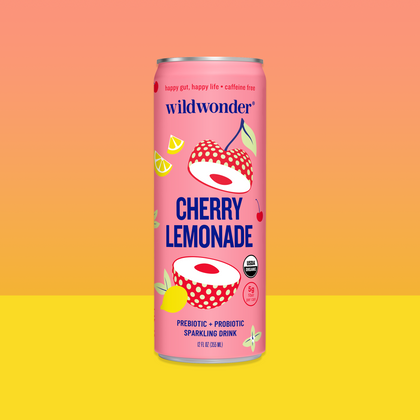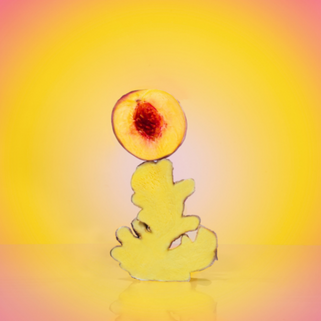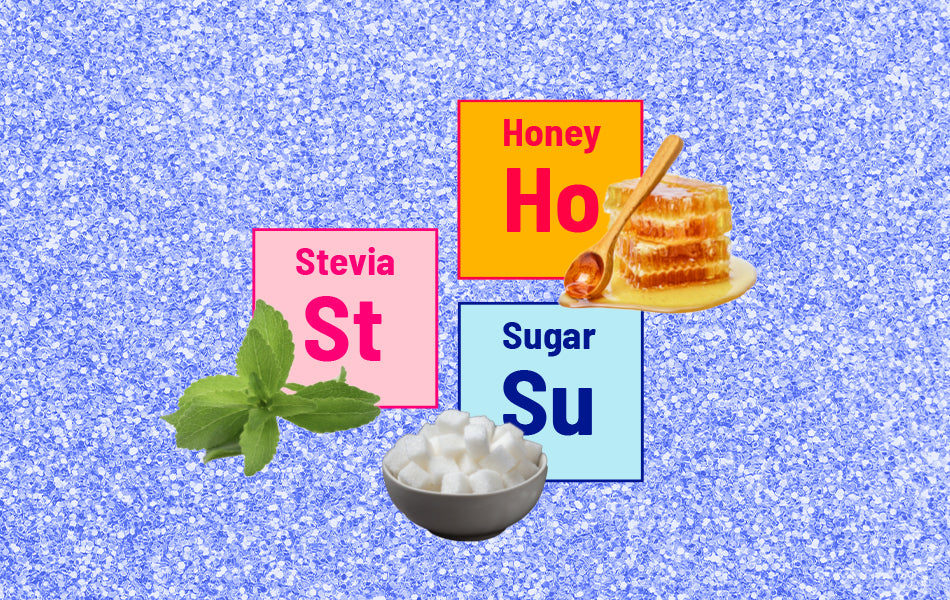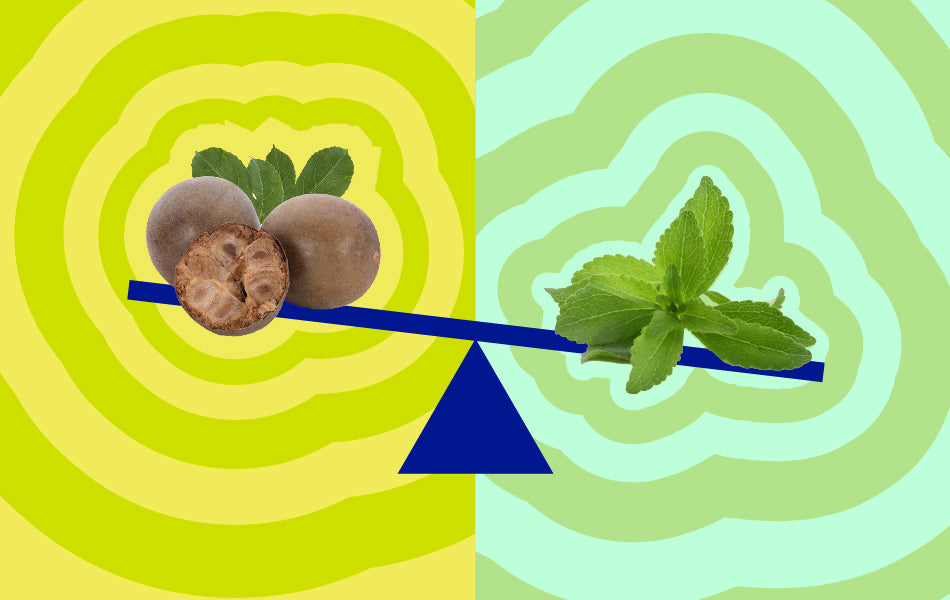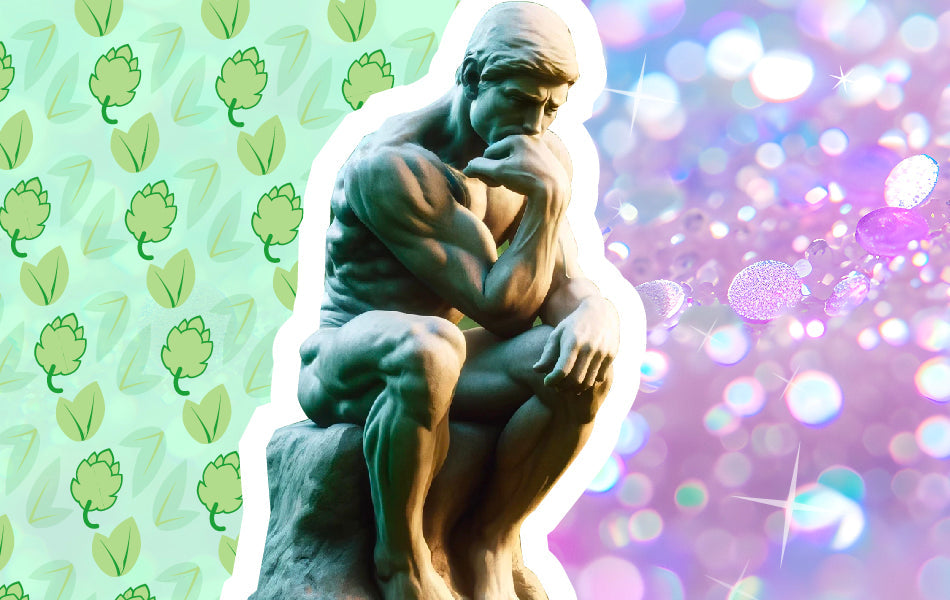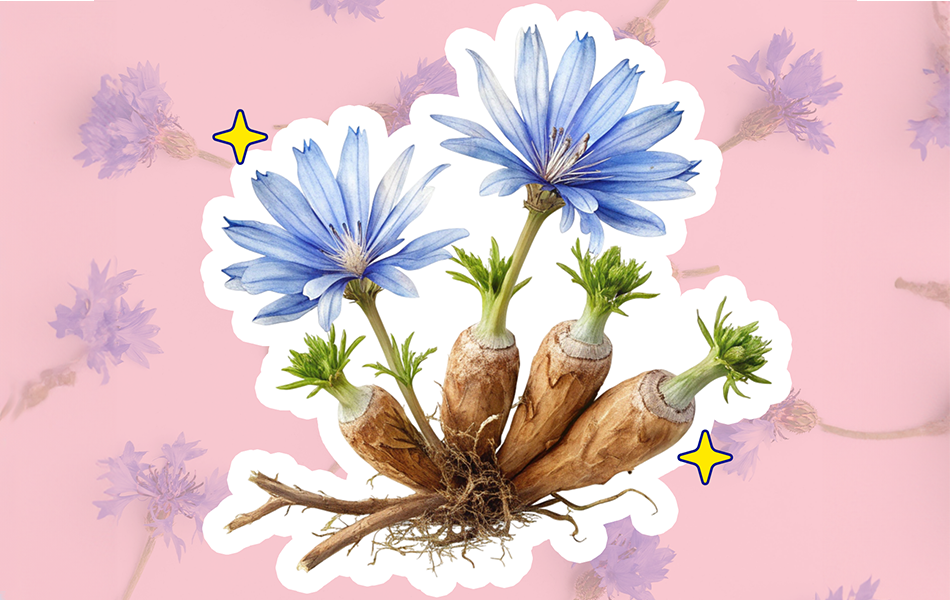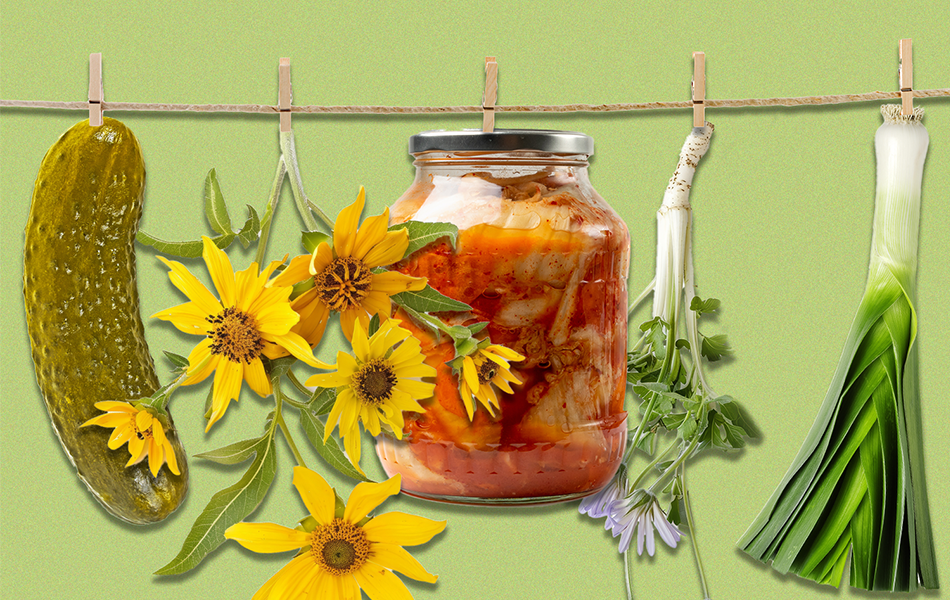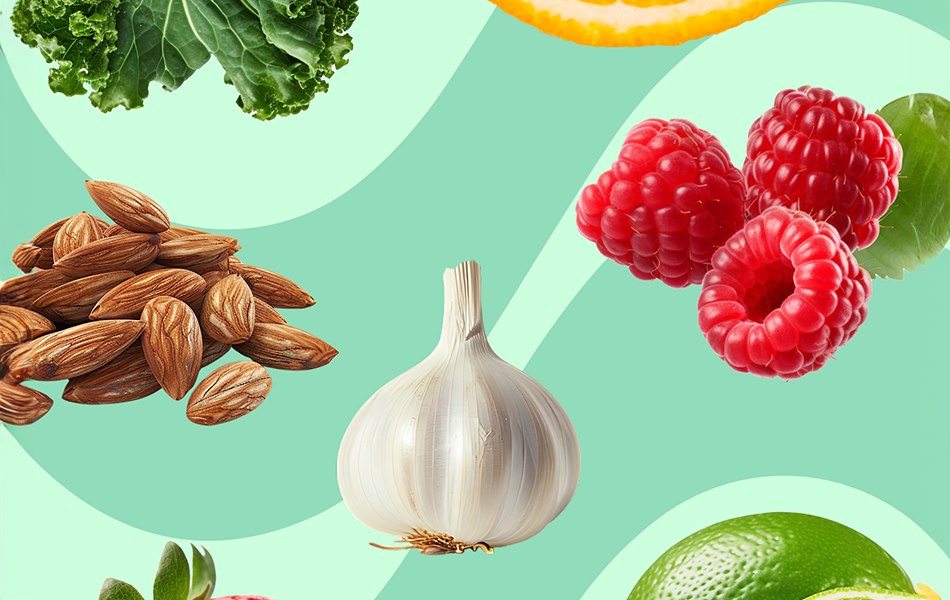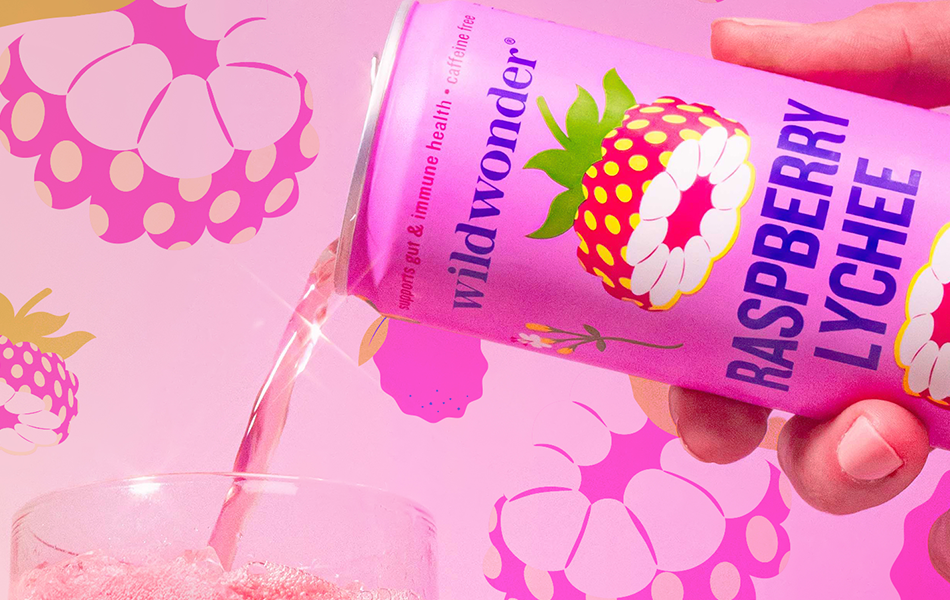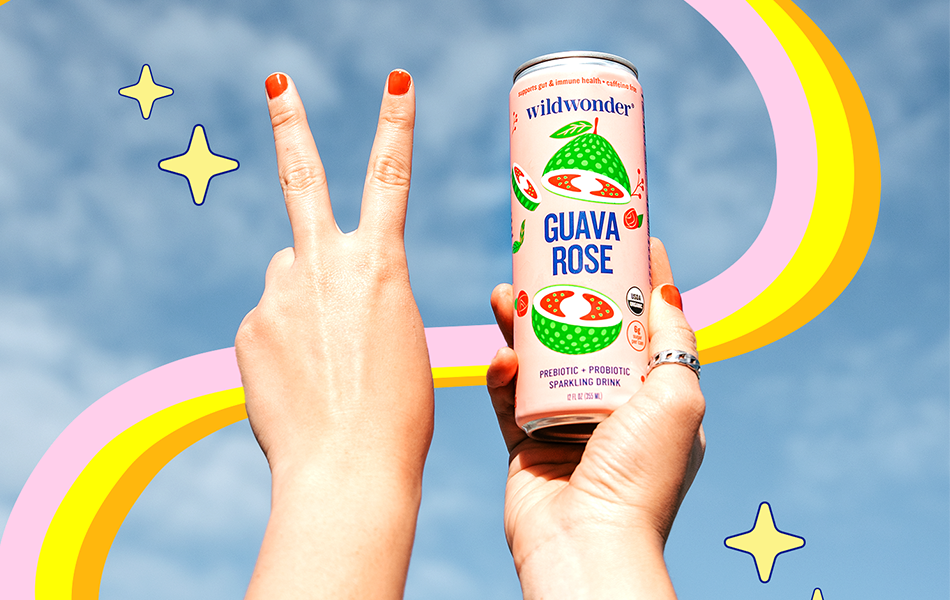In Traditional Chinese Medicine (TCM for short), the qi is often understood as our "vital energy" or "life force". Qi is all encompassing and exists within and around all living beings. As humans, we can take the qi from our environment, through air and food, and transform it into energy for our body. Our spleen is the first organ to absorb food and water, and can transform food and water into energy or "nutritive qi" that the rest of our body can readily use. The spleen has the ability to deliver processed qi to the rest of our body, affecting our digestion, emotions, memory, and decision making.
In healthcare, the synergy between Traditional Chinese Medicine (TCM) and modern science leads to groundbreaking truths. Within TCM philosophy, the spleen “qi” or vital energy, is the root of digestion, a concept that allows for holistic approaches that align with Western medicine’s growing curiosity on pre and probiotics.
In TCM, the spleen organ is vital for transforming and transporting food and water into qi, so the body can readily absorb the energy and propel digestive health. Qi is a concept that encompasses both physical and mental aspects of health, therefore emphasizing the importance of mind body harmony. When the spleen is not working to its full potential, it can be deficient in its function, leading to issues like bloating, poor appetite, fatigue, loose stools, and overall digestive imbalance.
The Gut Microbiome
In Western medicine, the gut microbiome plays a significant role in digestive health. Prebiotics are dietary fibers that promote beneficial gut bacteria and probiotics are microorganisms that promote health through various mechanisms. Together, research has shown that pre and probiotics can alleviate digestive issues, such as nutrient malabsorption, gastrointestinal disorders, and even modulate cognition and mood.
Prebiotics can be likened to nourishing properties of foods that support spleen qi in TCM. Warm nourishing foods are best for the spleen, whereas cold, raw, fried, and processed foods weaken the spleen. The best foods for the spleen are warm and easy to digest such as rice porridge, ginger, bone broths, sweet potatoes, lean meats, and cooked green vegetables. Foods that are harmful to the spleen are processed sugars, oily foods, and overconsumption of smoothies and salads. Eating at irregular times of the day also weakens the spleen.
TCM and Digestive Health
Integrating TCM principles for digestive health is personalized. TCM practitioners tailor unique recommendations to support spleen qi and optimize healthy digestion. This holistic approach highlights the interconnectedness of body mind and spirit, as well as environmental factors. Optimal health is truly garnered from the harmony within and with the external world.
Understanding spleen qi and its role with digestion complements modern medicine approaches to gut health. With both TCM and Western approaches, a holistic framework to digestive health is addressed. There is intricate synergy of both medicines that are energetic and physiological, fostering greater ways to optimize well-being and health for individuals and communities.

About the Author
Meet Felice Chan L.Ac., M.T.O.M, Dipl. OM a board-certified practitioner in Acupuncture and Herbal Medicine. With a neuroscience background from Bowdoin College, she merges Eastern and Western medicine to treat both symptoms and root causes. She demonstrates these similarities with spleen health in her latest blog.
 Shark Tank Bundle
Shark Tank Bundle
 Classic Variety Pack
Classic Variety Pack
 Very Berry Variety Pack
Very Berry Variety Pack
 Rosa's Favorite Variety Pack
Rosa's Favorite Variety Pack
 Pink Pomelo Limeade
Pink Pomelo Limeade
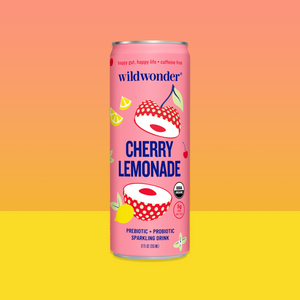 Cherry Lemonade
Cherry Lemonade
 Raspberry Lychee
Raspberry Lychee
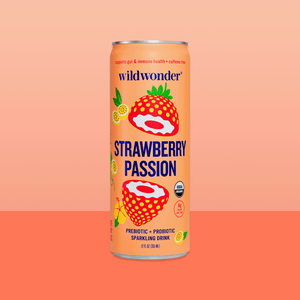 Strawberry Passion
Strawberry Passion
 Pineapple Paradise
Pineapple Paradise
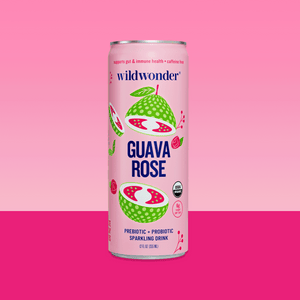 Guava Rose
Guava Rose
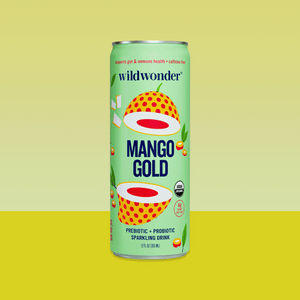 Mango Gold
Mango Gold
 WILD MAHJONG TILES
WILD MAHJONG TILES
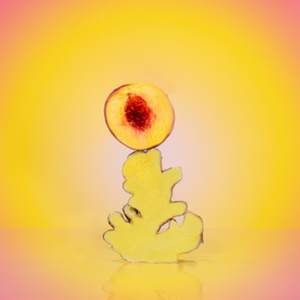 Blog
Blog
 Our story
Our story
 Impact
Impact




